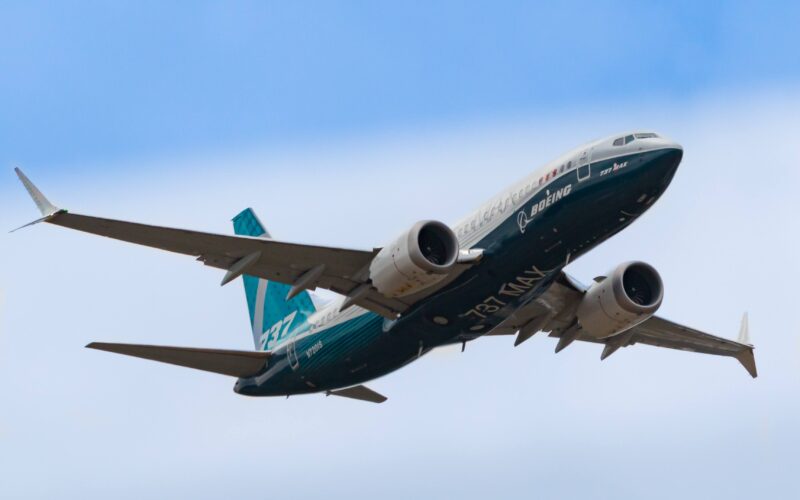Former Boeing 737 MAX chief technical pilot Mark Forkner was found not guilty of misleading the United States Federal Aviation Administration (FAA) regulators about a flight-control system, which was later deemed to have played a part in two fatal crashes in 2018 and 2019, killing 346 people.
According to US media reports of the trial, a jury in the Northern District Court of Texas acquitted Forkner on all counts after less than two hours of deliberations on March 23, 2022.
A spokesperson for the US Department of Justice (DOJ), Joshua Stueve, told Reuters that “while we are disappointed in the outcome, we respect the jury’s verdict”.
AeroTime has asked Boeing and the FAA for a comment. The FAA declined to comment.
In October 2021, the DOJ charged Forkner with two counts of alleged fraud involving aircraft parts in interstate commerce and four counts of wire fraud. In February 2022, a judge dropped two counts involving aircraft parts.
The DOJ indictment alleged that “Forkner provided the agency with materially false, inaccurate, and incomplete information about a new part of the flight controls for the Boeing 737 MAX called the Maneuvering Characteristics Augmentation System (MCAS)”.
During the 737 MAX test flights, Boeing discovered that larger engines tended to push the MAX’s nose up during certain maneuvers. Therefore, the MCAS flight system was designed to counteract the aircraft’s pitch-up tendency. But the MCAS was found to be faulty and the fact that it was acting on non-redundant sensors was cited as the main factor for the crash of both Lion Air Flight 610 and Ethiopian Airlines Flight 302.
In October 2019, the FAA turned over a set of damaging emails between Forkner and the regulator to the US Congress. In an email sent in January 2017, Forkner reportedly told the agency that the company would delete a reference to MCAS from the flight operator’s manual and training course “because it is outside the normal operating envelope”. In another email to an FAA employee, dated November 2016, Forkner said he was working on “Jedi-mind tricking regulators into accepting the training that I got accepted by FAA”.
In a 2016 conversation with Boeing employee, Patrik Gustavsson, Forkner admitted he might have “unknowingly” lied to the FAA about the behavior of MCAS.
In 2017, the FAA certified Boeing’s 737 MAX allowing the aircraft to enter commercial service.
In January 2021, Boeing was charged with conspiracy for withholding information about MCAS during the certification process of the aircraft. Two employees, including Forkner, were identified as the main culprits, with the company-wide “culture of concealment” enabling them to perform the deception. The company agreed to settle the case for $2.5 billion.

